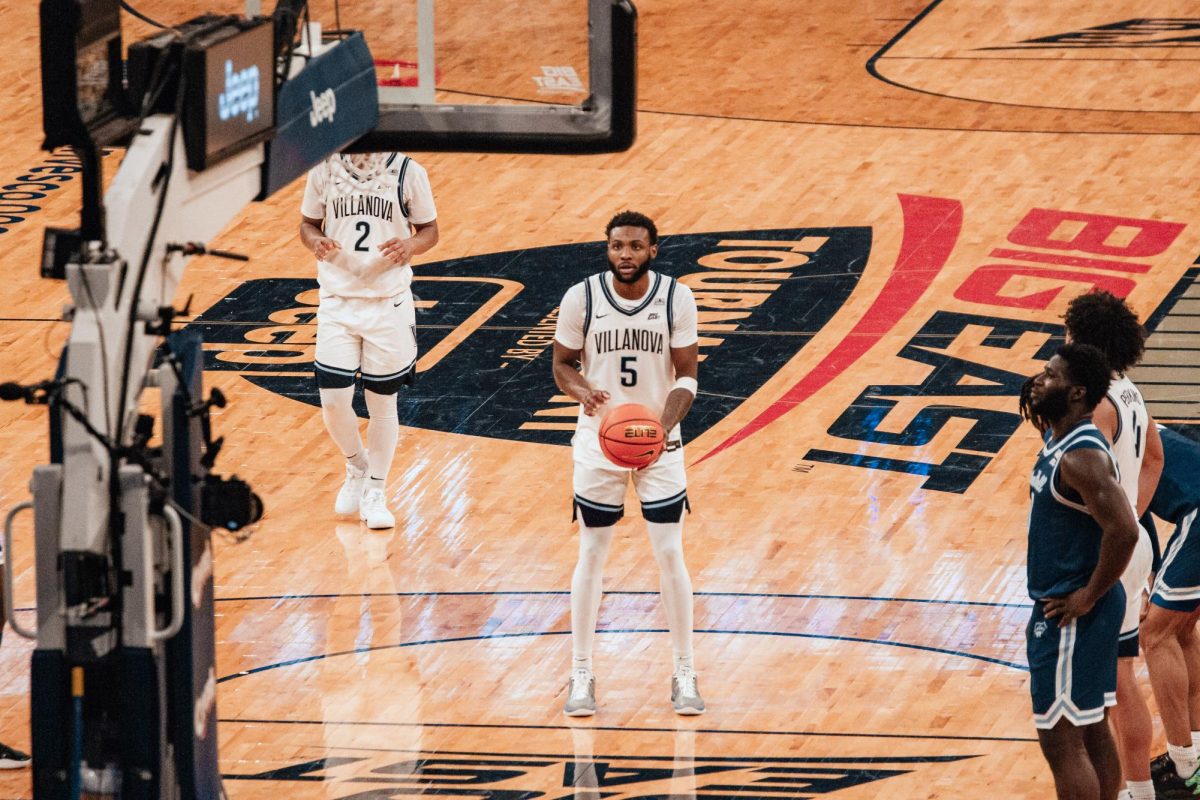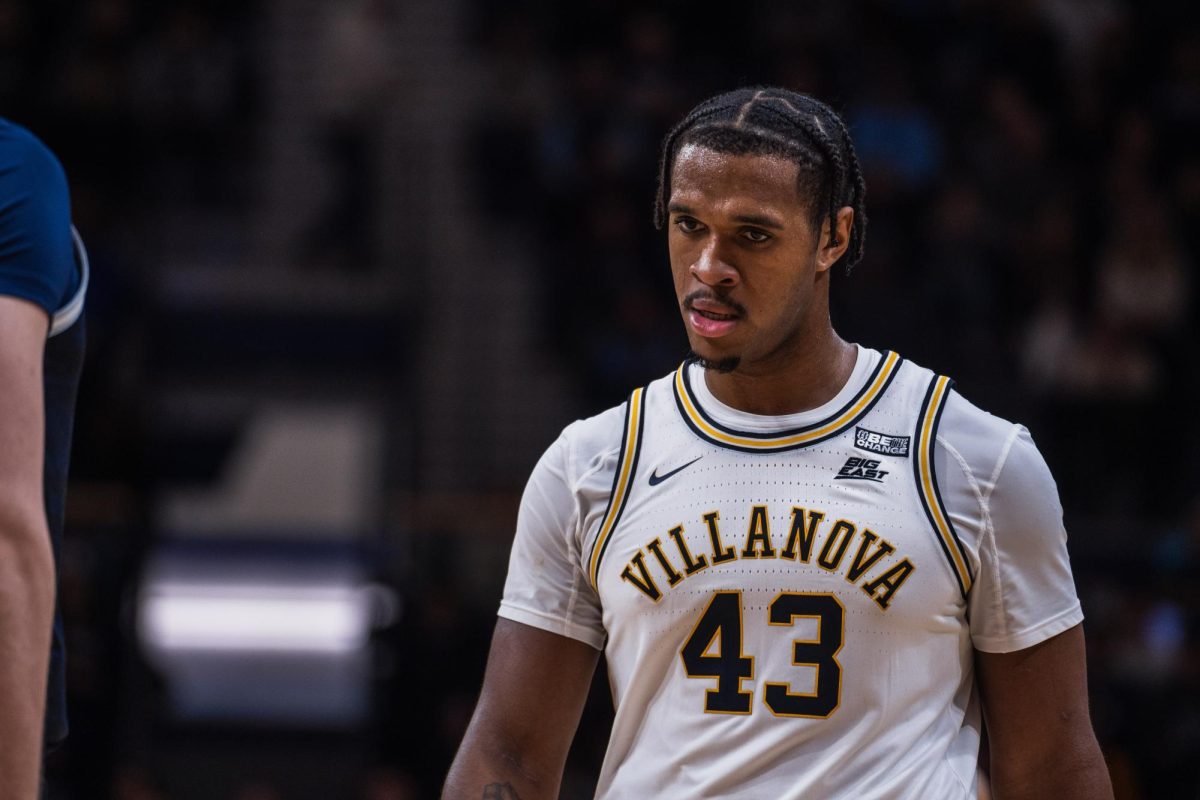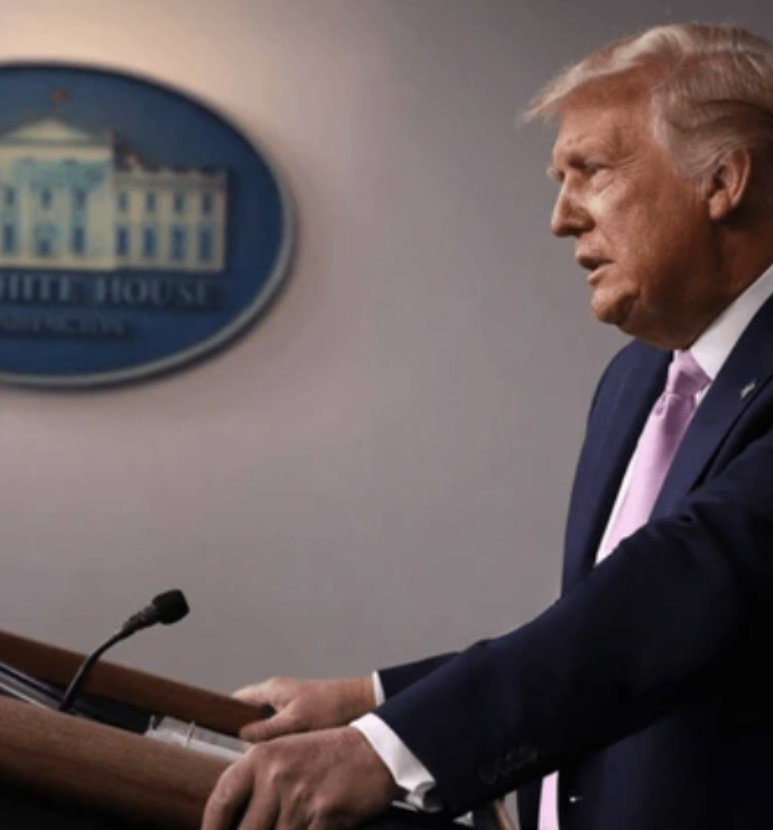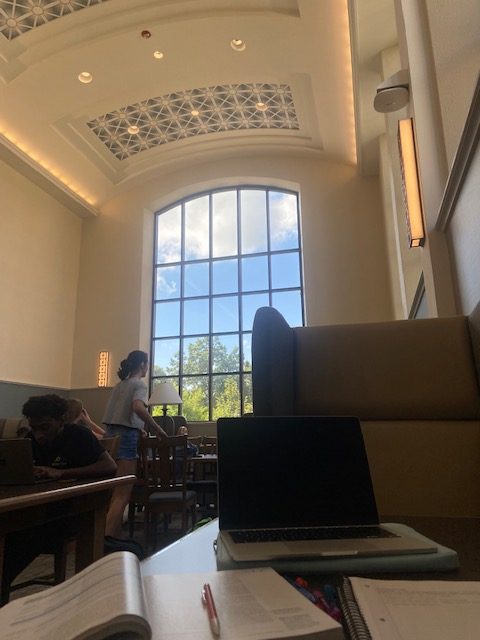After months of speculation surrounding it, “TikTok,” a social media app that induced fame for some and entertainment for all, was banned in the United States in the late hours of the evening on Jan. 18. And yet, some 24 hours later, it was restored to full functionality in a stunning turnaround.
Why such a quick change? The intervention of then-President-Elect and now the 47th President, Donald Trump, led to a plan in which the United States takes a “50% ownership position in a joint venture.”
This marked a departure in position for Trump, who four years ago, was among the app’s biggest detractors and called it a threat to the safety of the country. Now, because he boasts almost 15 million followers on the app himself, he’s reversed course and is now championing TikTok. In recent days, Trump’s mentioned potential buyers, such as Microsoft, Oracle and Tesla (headed by close Trump ally Elon Musk).
The ban, then sudden un-ban, was unexpected by many frequent users of TikTok, but the reasons behind its return open the doors in a tumultuous time for politics. Some Villanova students believe that the entire process surrounding TikTok has been nothing more than political theater against China, the app’s country of origin.
“The TikTok ban initially seemed more like a power move if anything by the U.S.,” junior Demetrius Schank said. “Just loosely observing the events, it was clear that the government felt uncomfortable that the data of US citizens was not entirely in their possession, and the ban was an attempt to assert themselves.”
The initial battle to ban TikTok may have had its inciting incident during a March of 2023 hearing, where Republican senators repeatedly attacked TikTok’s CEO Shou Zi Chew on issues of his ethnicity and nationality, despite it reportedly being an issue of national security on concerns that user information was being leaked to the Chinese government. Chew, who hails from Singapore, denied the allegations.
From that point on, it sparked questions on whether Republicans made this from a national security issue to one rooted in politics, and some Villanovans still wonder about that today.
“I think it was all propaganda, especially with the verbiage from the notice about it being banned [and] being back,” senior Lily Herron said. “I think [the ban] was overall definitely more harmful than helpful.”
At the same time, taking the politics out of the situation, many people in TikTok’s biggest target audience (Gen Z) use TikTok in order to attain information. In an age where technology and journalism continue to evolve and grow hand-in-hand, TikTok has become a vital source of informing the general public on a variety of issues, especially in pop culture and in cultural movements.
Most notably, in the past five years, the app was used to spread information about “Black Lives Matter” in the wake of George Floyd’s death and, more recently, information regarding the Israeli-Palestinian War. Gen Z flocked to an app that was immune from party politics or a one-party bias, as some news sources have become.
“I didn’t find it definitely harmful, as at the end of the day, it’s just an app, but personally I definitely would have noticed a drop of my cultural awareness [if it was banned for longer],” Schank said. “TikTok is usually the first source for me finding out something big happened, either politically or [culturally]. It opens the gateways for me to look into an issue more, it might have been helpful for government security if they kept it banned but they didn’t.”
Upon it being unbanned, however, the app was back into the political spotlight. It was a spotlight for the new president, a Republican himself, and a sign of the shifting winds when it came to a battle for banning TikTok.
“When it was unbanned,” Schank said. “It was very clear that the whole thing ended up being a publicity stunt for Donald Trump.”








